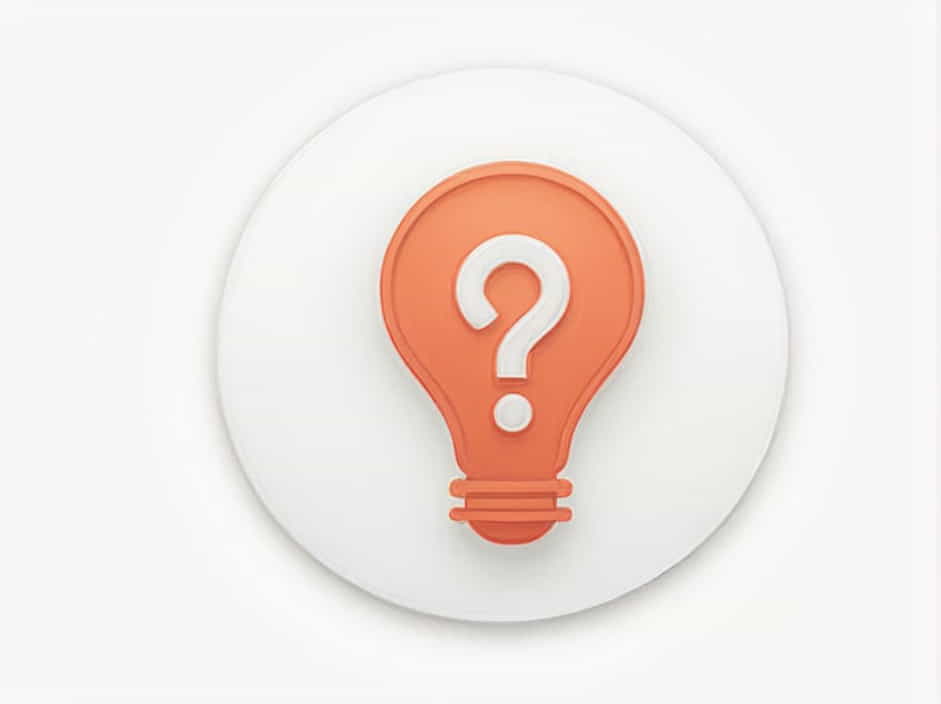The reproductive system is essential for human life, responsible for producing offspring and ensuring genetic continuity. Many people have questions about how it works, its functions, and related health concerns.
This topic answers some of the most frequently asked questions about the reproductive system, covering both male and female anatomy, reproductive health, and common conditions.
1. What Are the Main Organs of the Reproductive System?
The reproductive system differs between males and females.
- Male Reproductive Organs: Testes, penis, epididymis, vas deferens, seminal vesicles, prostate gland, and urethra.
- Female Reproductive Organs: Ovaries, fallopian tubes, uterus, cervix, and vagina.
2. What Is the Function of the Male Reproductive System?
The male reproductive system is responsible for producing, storing, and delivering sperm. It also produces the hormone testosterone, which is essential for male characteristics like muscle growth, voice deepening, and facial hair.
3. What Is the Function of the Female Reproductive System?
The female reproductive system produces eggs (ova), supports fertilization, and provides a place for fetal development. It also regulates menstrual cycles and produces hormones like estrogen and progesterone.
4. How Does Fertilization Occur?
Fertilization happens when a sperm cell from the male unites with an egg cell from the female. This usually occurs in the fallopian tube after sexual intercourse. Once fertilized, the egg implants itself in the uterus, leading to pregnancy.
5. What Causes Irregular Menstrual Cycles?
Irregular menstrual cycles can be caused by:
- Hormonal imbalances (e.g., thyroid disorders, PCOS)
- Stress and lifestyle factors
- Excessive exercise or sudden weight changes
- Medical conditions (e.g., endometriosis, fibroids)
6. What Is Ovulation and When Does It Occur?
Ovulation is the release of an egg from the ovary, typically occurring midway through a menstrual cycle (around day 14 of a 28-day cycle). This is the most fertile period, making conception more likely.
7. What Are Common Reproductive System Disorders?
Some common conditions include:
- Polycystic Ovary Syndrome (PCOS) – Hormonal disorder affecting ovulation.
- Endometriosis – Growth of uterine tissue outside the uterus, causing pain.
- Erectile Dysfunction (ED) – Difficulty maintaining an erection.
- Prostate Enlargement – Common in older men, affecting urination.
- Sexually Transmitted Infections (STIs) – Diseases spread through sexual contact.
8. How Can I Maintain a Healthy Reproductive System?
- Eat a balanced diet rich in vitamins and minerals
- Exercise regularly to maintain hormonal balance
- Practice safe sex to prevent STIs
- Avoid smoking, excessive alcohol, and drug use
- Get regular medical checkups and screenings
9. What Are the Early Signs of Pregnancy?
Common early pregnancy symptoms include:
- Missed period
- Nausea and vomiting (morning sickness)
- Fatigue
- Frequent urination
- Breast tenderness
10. What Is Menopause and When Does It Happen?
Menopause is the natural decline of reproductive hormones in women, marking the end of menstruation. It typically occurs between ages 45-55 and may cause hot flashes, mood swings, and sleep disturbances.
The reproductive system is vital for human life and health. Understanding its functions, common disorders, and ways to maintain it can help ensure overall well-being. If you have any concerns about reproductive health, consulting a healthcare professional is always recommended.
